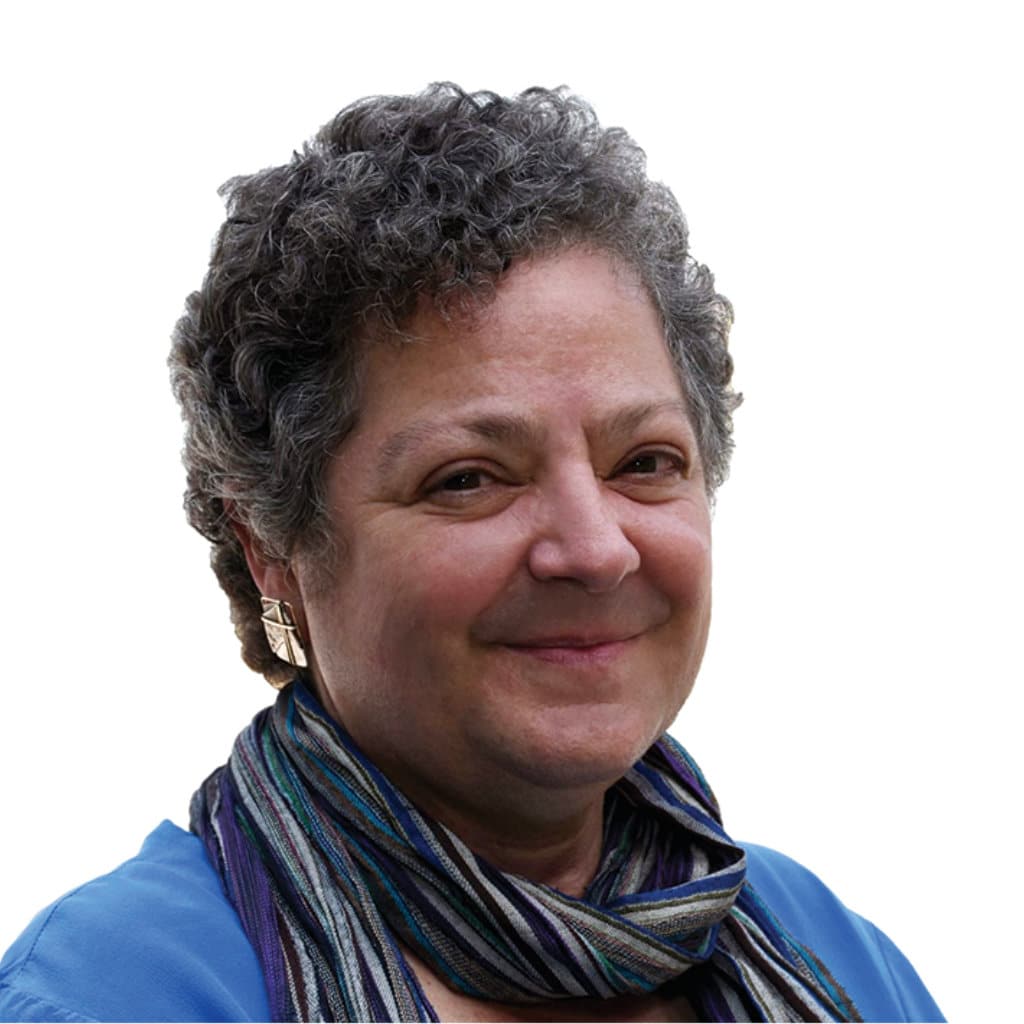Resilient Agrifood Systems
Voluntary carbon markets
can help smallholders
mitigate climate change
CIMMYT is developing the protocols to help farm communities take part in voluntary carbon markets (VCM) to support climate change mitigation. Under this approach, farmers would be paid to adopt agricultural practices that sequester carbon in the soil. CIMMYT and partner platforms would provide measurement, reporting and verification (MRV) services, using soil testing, digital tools, and satellite imagery. Farmers who could sell carbon credits on this private market would be motivated to use sustainable agricultural practices.
Agrifood systems are linked to a third of global greenhouse gas (GHG) emissions, but receive only 3% of public financing. This irony motivated CIMMYT to develop an approach to access funding to support a just transition to low-carbon agriculture, by encouraging smallholders to participate in voluntary carbon markets (VCMs), which would pay farmers or their organizations to emit less carbon.
This approach would allow CIMMYT to attract green finances to support transformation towards new, low-carbon agrifood systems.
As of 2022, about 2,300 global businesses have pledged to reduce greenhouse gas emissions to zero. These promises are expected to boost the demand for carbon credits. By the end of this decade, an estimated $6 billion to $10 billion worth of carbon credits could be traded on VCMs. In late 2021, CIMMYT started a VCM pilot activity in India, with limited but encouraging results. In August 2022, CIMMYT established the Carbon Markets Team, to explore ways to participate in the unregulated and often opaque VCMs.
Within the VCMs there is a concern about the quality and the integrity of carbon offset credits, and if there will be enough of them to meet demand. To address these issues, global oversight of VCMs will be provided by the new Integrity Council for the Voluntary Carbon Market (ICVCM), an international council of 430 experts from 250 NGOs, universities, companies, and financial institutions. VCMs are now adopting the ICVCM’s new standards for high-quality carbon credits, based on solid science.
“This is a major challenge for the VCMs, but an interesting opportunity for CIMMYT, which is widely recognized as a credible, science-based innovation broker, with a proven track record in agricultural science and a true concern for smallholders’ welfare. These elements position CIMMYT as a relevant market player in this fast-evolving market,” explains Ramiro Ortega Landa, CIMMYT’s program rural finance specialist and the Carbon Markets Team leader.
Based on the best practices and lessons learned from its Indian pilot experience, CIMMYT plans to expand its carbon market activities to Mexico, where it has already identified two potential partner platforms, and eventually to Ethiopia (or another African country). These experiences would generate a strong knowledge base to develop improved business models for the global agricultural carbon market, while benefitting rural communities as they help to mitigate climate change.
“Carbon credits incentivize adoption of sustainable agricultural practices that address the climate crisis, addressing the resource limitations faced by many smallholder farm families,” says Sieg Snapp, director of the Sustainable Agrifood Systems Program at CIMMYT.

Director of the Sustainable Agrifood Systems Program at CIMMYT
Carbon credits incentivize adoption of sustainable agricultural practices that address the climate crisis, addressing the resource limitations faced by many smallholder farm families.
With the right tools, smallholders can trade on voluntary carbon markets and keep carbon in the soil. ©CIMMYT.
This approach would allow CIMMYT to attract green finances to support transformation towards new, low-carbon agrifood systems.
In August 2022, CIMMYT established the Carbon Markets Team, to explore ways to participate in the unregulated and often opaque VCMs.